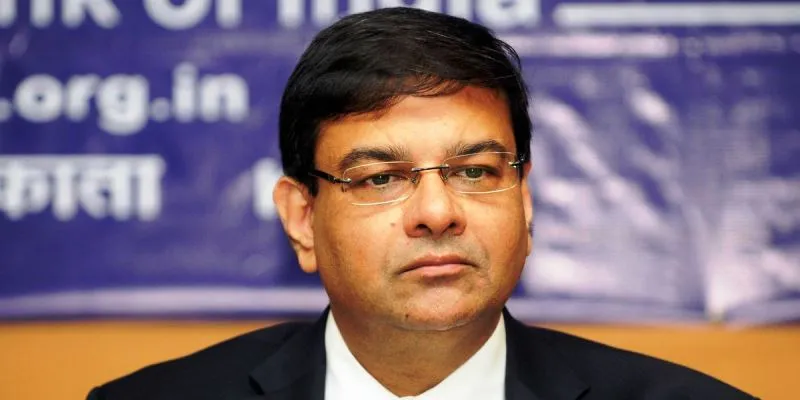RBI governor Urjit Patel resigns; cites personal reasons
Urjit Patel was supposed to end his three-year tenure in September 2019; his resignation is seen as a fallout over serious disagreements with the government on policy issues.
In a dramatic development, Reserve Bank of India (RBI) Governor Urjit Patel announced his resignation on account of personal reasons much ahead of the completion of his tenure, which was supposed to end in September 2019.

In a statement, Urjit Patel said, “On account of personal reasons, I have decided to step down from my current position effective immediately. It has been my privilege and honour to serve in the Reserve Bank of India in various capacities over the years.”
“The support and hard work of RBI staff, officers and management has been the proximate driver of the Bank’s considerable accomplishments in recent years. I take this opportunity to express gratitude to my colleagues and Directors of the RBI Central Board, and wish them all the best for the future,” he added.
This is the first time since 1990, that a governor of RBI resigned from the position. The stepping down of Urjit Patel comes in the backdrop of considerable tension, which had developed between the government and RBI on various policy issues.
The steps taken by the government to bring in a new working relationship between the two was viewed as measures curbing the autonomy of the RBI which the latter had steadfastly resisted.
In fact, RBI Deputy Governor Viral Acharya in October had in a speech remarked, “I chose for today’s occasion the theme of the importance of independent regulatory institutions, and in particular, that of a central bank that is independent from an over-arching reach of the state. This theme is certainly one of great sensitivity but I contend it is of even greater importance to our economic prospects...”
The current government has had a contentious relationship with the RBI. The predecessor of Urjit Patel, Raghuram Rajan had a few major disagreements with the government and his tenure was not extended beyond the stipulated three years.







